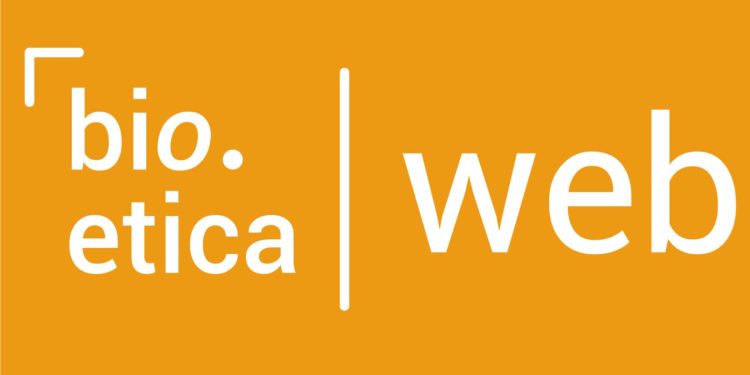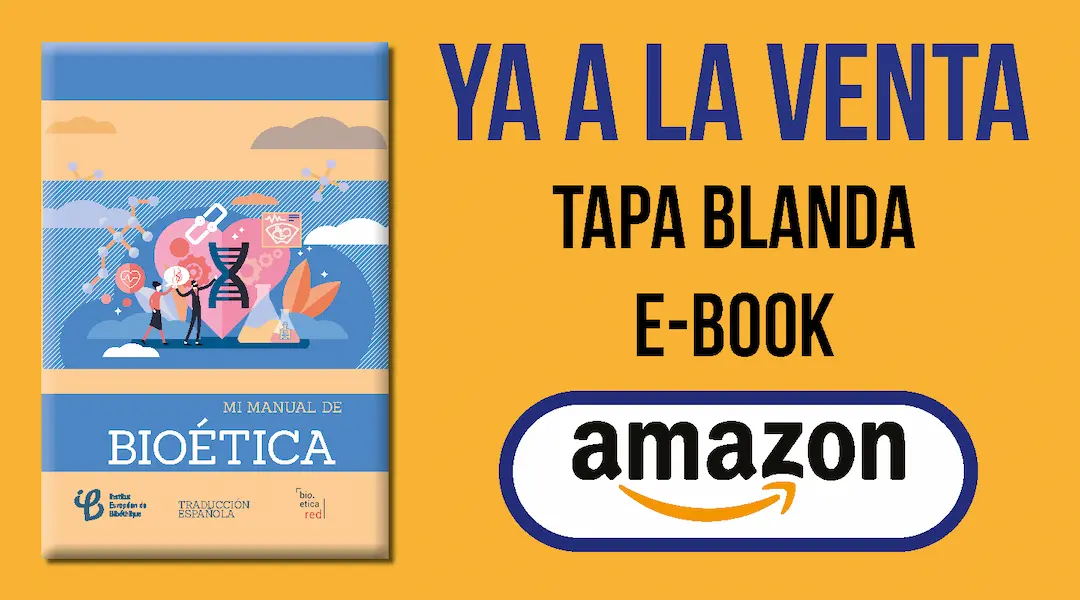Human Genome Organization Declaración …
|
Human Genome Organization
Declaración del Comité í‰tico sobre clonación
Preamble The term ‘cloning’, while used in a general sense to refer to the production of genetic copies of individual organisms or cells without sexual reproduction, involves a number of different techniques, including embryo splitting; somatic cell nuclear transfer into an enucleated egg; and development of cell lines, derived from a somatic cell, in cell culture. Types of cloning may also be distinguished according to the organism in question and to the purpose for which the technique is employed. Human cloning, for example may be subdivided according to the purposes for which it is carried out reproductive cloning, basic research and therapeutic cloning. The HUGO Ethics Committee has addressed itself to the issues of principal concern to the Human Genomics community and to the societies in which they carry out their work. The implications for human genome research of cloning as applied to other life forms are also of relevance. The Committee recognizes the variation in national laws on the implementation of cloning and embryo experimentation. It has had regard to the four principles outlined in its ‘Statement on the Principled Conduct of Genetic Research’: Recognition that the human genome is part of the Common heritage of humanity; Adherence to international norms of human rights; Respect for the values, traditions, culture and integrity of participants in research; Acceptance and upholding of human dignity and freedom The HUGO Ethics Committee recommends: 1. Animal cloning That animal cloning should be subject to the same principles concerning animal welfare as other experimentation on animals. Its purpose should be clearly defined and procedures should be in accordance with those mechanisms of ethical review which are in place. Regard should be had to possible consequences for biodiversity. 2. Human cloning 2.1. Reproductive cloning that it is important to acknowledge the distinction between cloning as a goal which may be pursued by more than one means, including somatic cell nuclear transfer: and somatic cell nuclear transfer as a procedure that may have multiple uses, including prevention of mitochondrial disease that assuming it to be possible, in the light of: the profound unease concerning the possibility of growing a human being from the genetic information in the nucleus of a somatic cell of an existing human being the potential effects on a child produced by cloning of ‘living in the shadow’ of an already existing human being the possible effects on parent-child and inter-sibling relationships the need for caution concerning the possible consequences of producing a child from a mature somatic cell there should be no attempt to produce a genetic ‘copy’ of an existing human being by somatic cell nuclear transfer that given appropriate technology the avoidance of disease by somatic cell nuclear transfer may be supported provided that it is certain that a disease is caused by an error in the mitochondrial (non-nuclear) DNA. 2.2. Basic Research that basic research with somatic cell nuclear transfer and other cloning techniques in both humans and animals should be supported to investigate a wide variety of scientific questions, including the study of gene expression, the study of aging and cell ‘suicide’. Such research should be in conformity with the ethical requirements outlined in the ‘Statement on the Principled Conduct of Genetic Research’. 2.3. Therapeutic cloning that research on the use of cloning technology to produce particular cells and tissues (e.g., skin, nerve or muscle) for therapeutic transplants should be supported 2.4. Implications for research on embryos that, while recognizing that despite cultural and national differences about the moral and legal status of embryos, the deliberate creation of embryos has widely been seen as unacceptable for the purposes of genetic research and that whether all constructs created by somatic cell nuclear transfer should be regarded as embryos as they are usually understood (totipotent and viable) remains to be resolved and where research under 2.2. or 2.3. involves somatic cell nuclear transfer to an enucleated ovum or the creation of pluripotent embryonic stem cells from embryos donated for research, researchers should not attempt to develop such cells in utero even for a brief period certain research not included under 2.2. and 2.3. but of indisputable and widespread benefit to humanity may require the creation of embryos as usually understood, without any opportunity for early embryonic development in the uterus, in order to grow stem cells. This might be considered, in societies whose laws permit this course, in the rare circumstances where the study of a particular disease or its potential cure can only be facilitated by studying pluripotent embryonic stem cells in cell culture. 3. Review That in light of the rapid developments in science, the issues dealt with in this statement be kept under review and the public should be engaged in continuing dialogue.
|
Bioeticaweb











